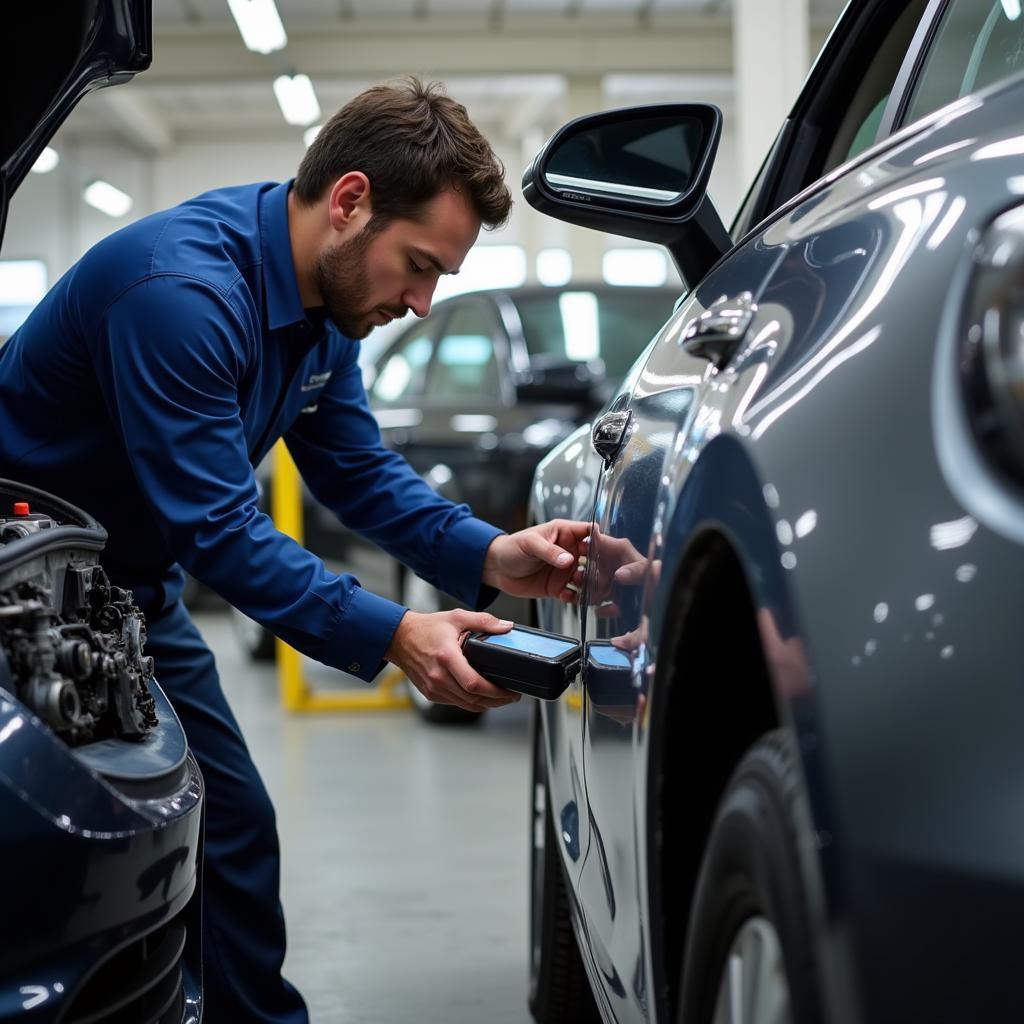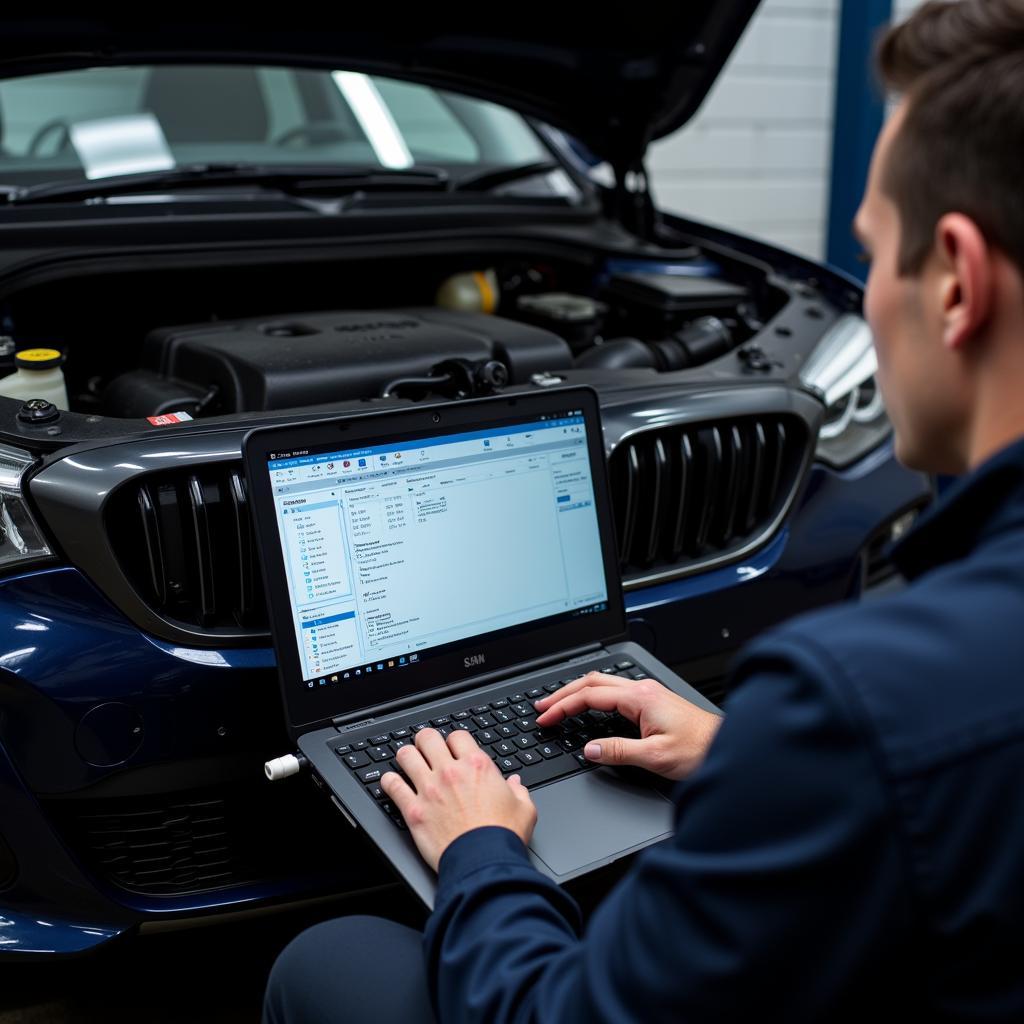Best Alternatives to Company Cars for Service Engineers
Service engineers rely heavily on transportation, and the traditional company car has long been the standard. However, with rising costs and evolving needs, exploring alternatives to company cars for service engineers is becoming increasingly crucial. This article dives into the best options available, examining their pros, cons, and suitability for different situations.
Rethinking the Company Car: Why Explore Alternatives?
Providing company cars can be a significant expense for businesses, including vehicle purchase or lease, maintenance, insurance, and fuel. Furthermore, tax implications for both the company and the employee can be complex. Changing work patterns, such as increased remote work and flexible schedules, also mean that a company car may not always be the most practical or cost-effective solution. So, what are the viable alternatives?
Car Allowances: Flexibility and Choice
A car allowance provides service engineers with a fixed monthly sum to use towards vehicle expenses. This offers greater flexibility, allowing engineers to choose a vehicle that suits their personal needs and preferences.
- Pros: Increased choice, simplified administration for the company, potential tax benefits.
- Cons: Engineers bear the responsibility for vehicle maintenance and insurance.
Mileage Reimbursement: Pay-Per-Mile Fairness
Mileage reimbursement programs compensate service engineers based on the business miles they drive using their personal vehicles. This is a particularly attractive option for engineers who cover varying distances.
- Pros: Cost-effective for companies with engineers driving fluctuating mileage, accurate reflection of usage, straightforward administration.
- Cons: Requires accurate mileage tracking, potential administrative burden for engineers.
Company Car Sharing: Pooling Resources for Efficiency
Car sharing schemes involve a pool of company vehicles that service engineers can book as needed. This is a practical alternative for teams located in a central hub or for engineers who don’t require a vehicle daily.
- Pros: Reduces overall fleet size, minimizes parking and storage costs, promotes efficient resource utilization.
- Cons: Requires advanced booking and coordination, may not be suitable for engineers with unpredictable schedules.
Public Transport and Ride-Sharing: Embracing Sustainable Solutions
In urban areas with well-developed public transport networks, utilizing trains, buses, and subways can be a viable option for service engineers. Ride-sharing services can also supplement these methods for last-mile connectivity.
- Pros: Environmentally friendly, reduces traffic congestion, potentially lower cost than owning and maintaining a vehicle.
- Cons: Limited availability in some areas, can be time-consuming, may not be practical for carrying tools and equipment.
Grey Fleet Management: Addressing the Risks of Personal Vehicle Use
Many service engineers already use their own vehicles for work. Grey fleet management provides a framework for ensuring these vehicles are properly insured, maintained, and meet safety standards.
- Pros: Offers a structured approach to managing personal vehicle use, mitigates risk for the company.
- Cons: Requires robust policy enforcement, can be administratively intensive.
Choosing the Right Solution for Your Team
Selecting the best alternative to company cars requires careful consideration of various factors, including the nature of the work, geographical location, engineer preferences, and company budget. “Implementing a successful alternative requires understanding the specific needs of your service engineers and tailoring the solution accordingly,” says John Miller, Fleet Management Consultant at Automotive Solutions Inc.
Conclusion: Embracing Change in Service Engineer Mobility
Moving away from the traditional company car model can bring significant benefits for both service engineers and businesses. By exploring and implementing the alternatives outlined above, companies can optimize costs, improve efficiency, and offer their engineers greater flexibility. Choosing the right solution is crucial for ensuring a smooth transition and maximizing the advantages of these modern mobility solutions. Consider your specific needs and engineer preferences when making your decision to ensure a successful shift away from the traditional company car model.
FAQ
- What are the tax implications of a car allowance?
- How do I track mileage accurately for reimbursement?
- What are the insurance requirements for grey fleet vehicles?
- Is car sharing suitable for rural areas?
- How can I encourage the use of public transport among my team?
- What are the best practices for grey fleet management?
- How do I choose the best car allowance rate?
Common Scenarios and Questions
- Scenario: A service engineer travels long distances frequently. Question: Would mileage reimbursement be more cost-effective than a car allowance?
- Scenario: Service engineers are based in a city center. Question: Could public transport and ride-sharing be a viable alternative?
Further Reading and Resources
- [Link to a blog post on CarServiceOnline about calculating car allowance rates]
- [Link to an article on CarServiceOnline about best practices for grey fleet management]
Contact us via WhatsApp: +1(641)206-8880, Email: [email protected], or visit us at 456 Oak Avenue, Miami, FL 33101, USA. Our 24/7 customer service team is ready to assist you.

